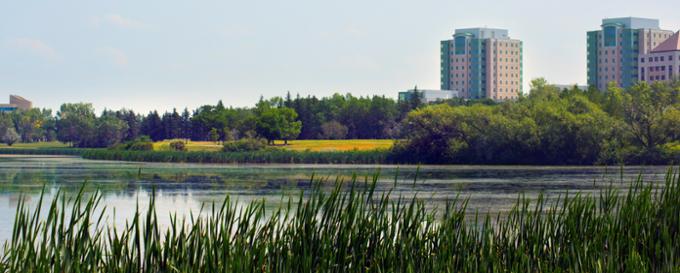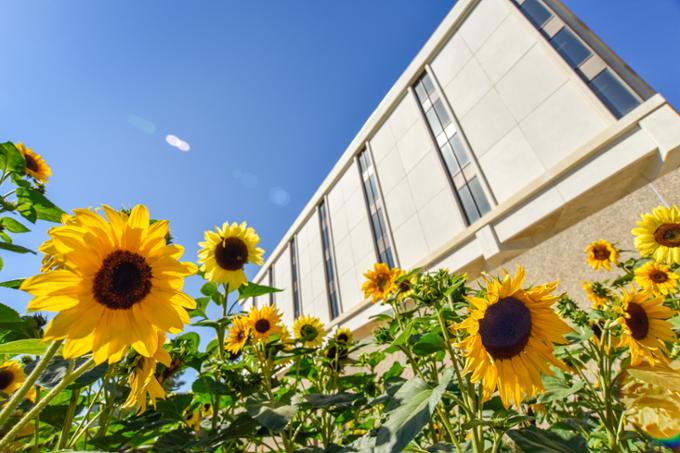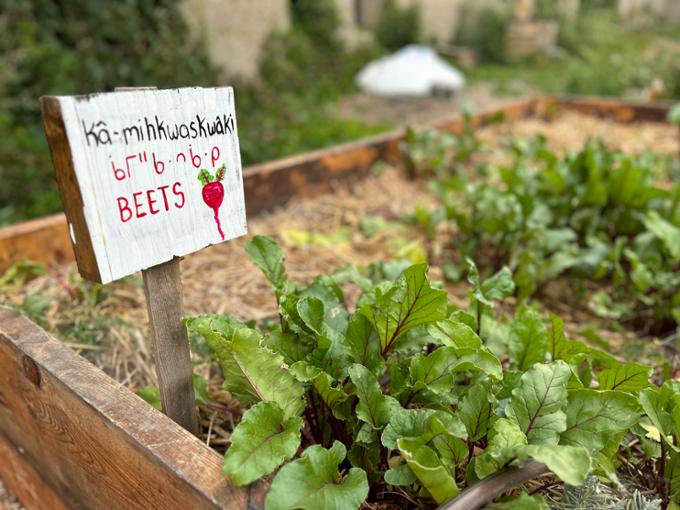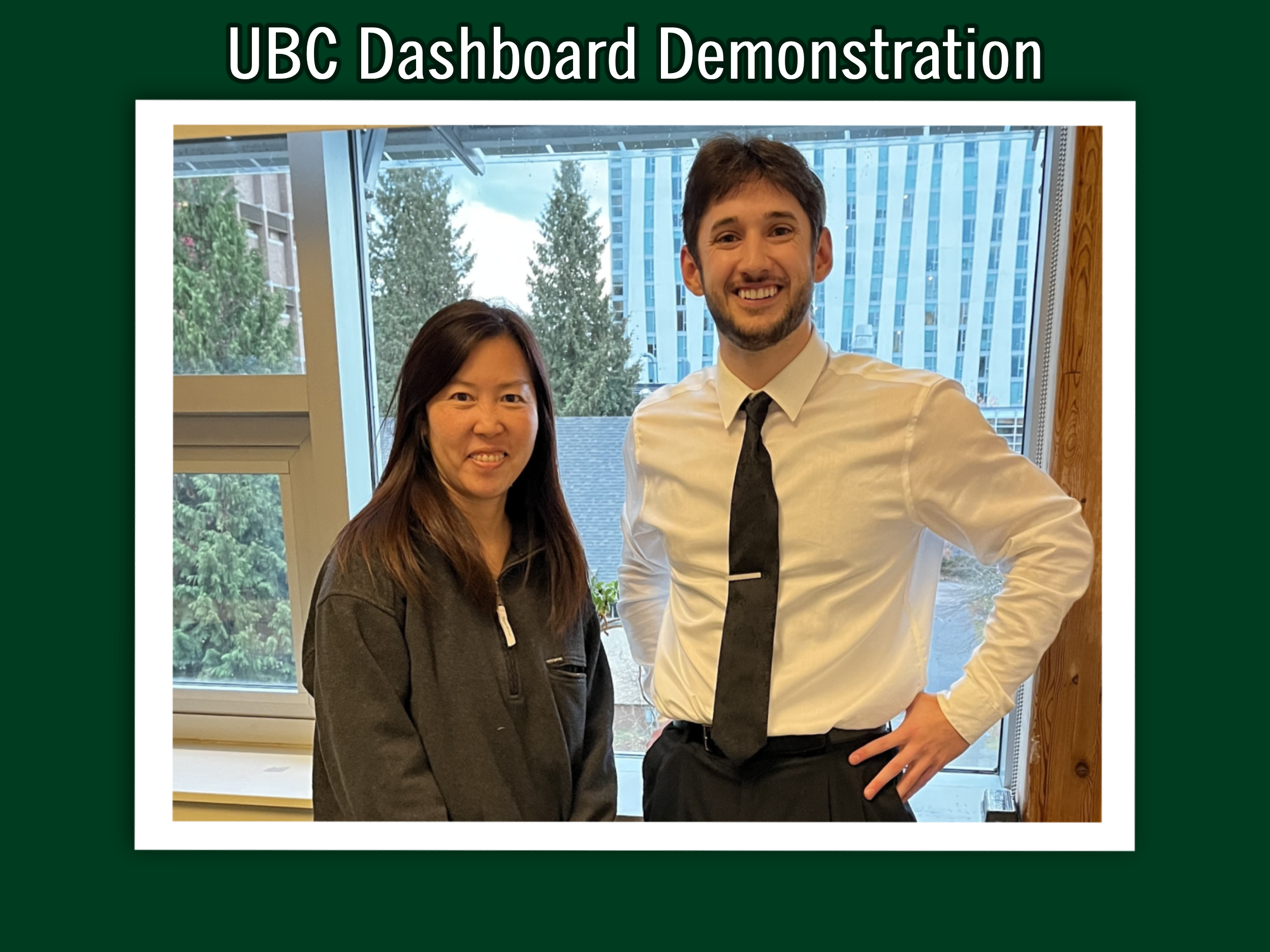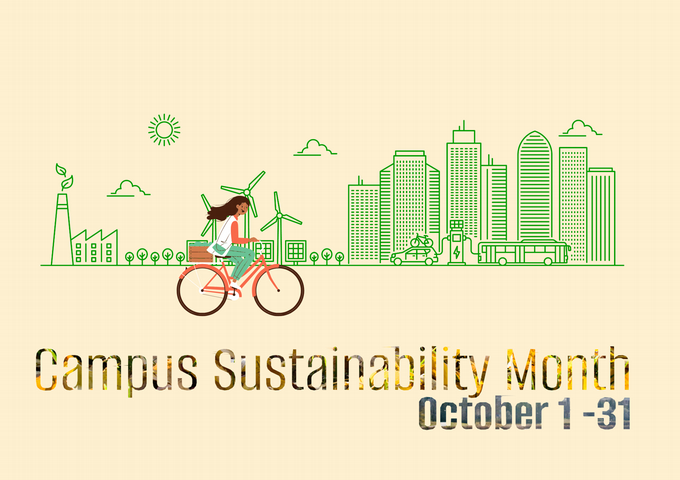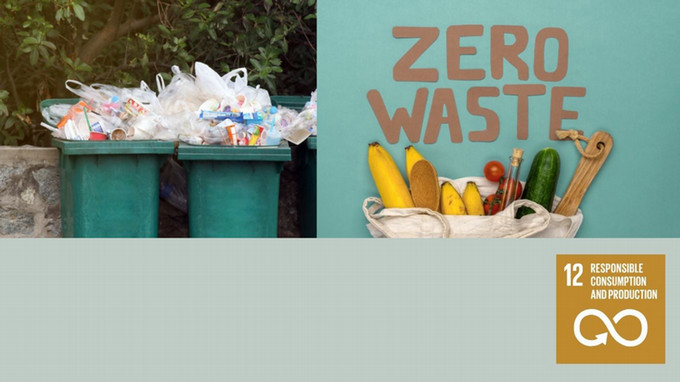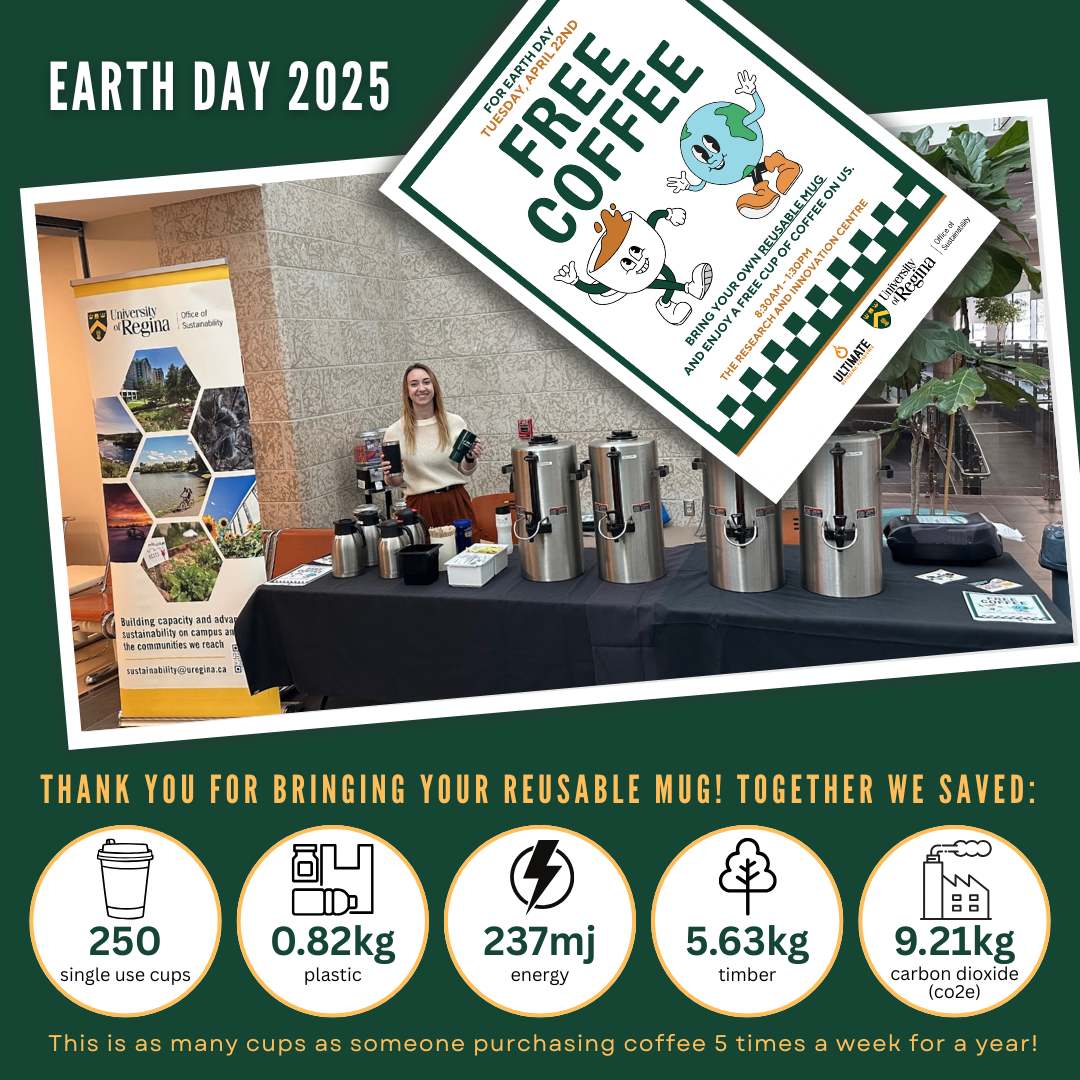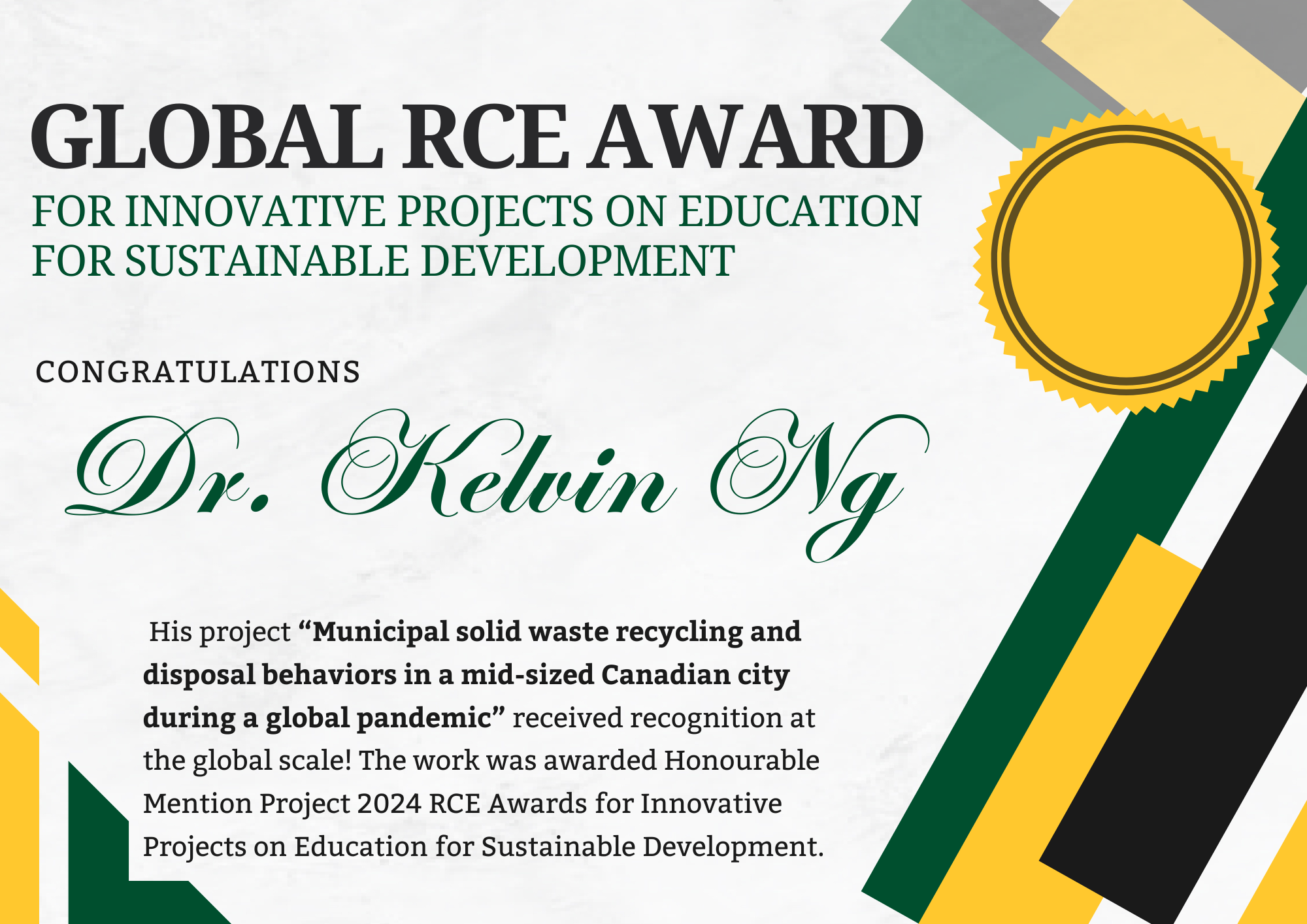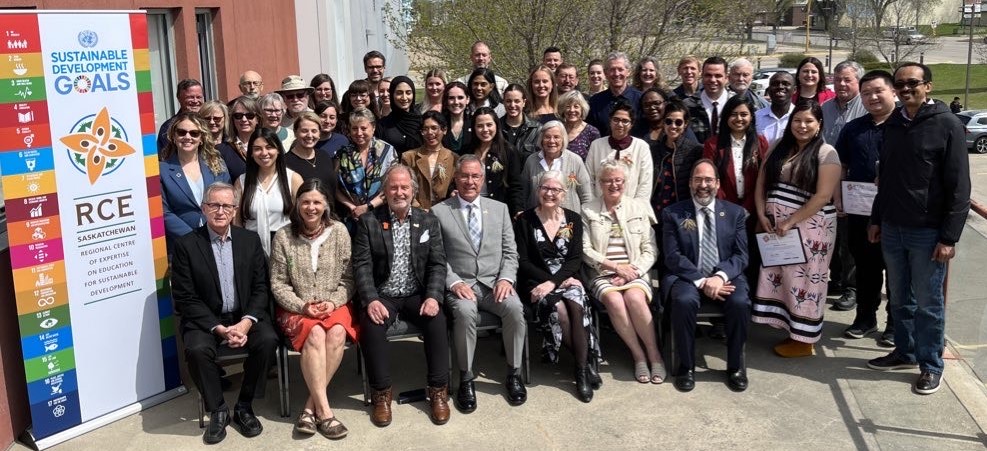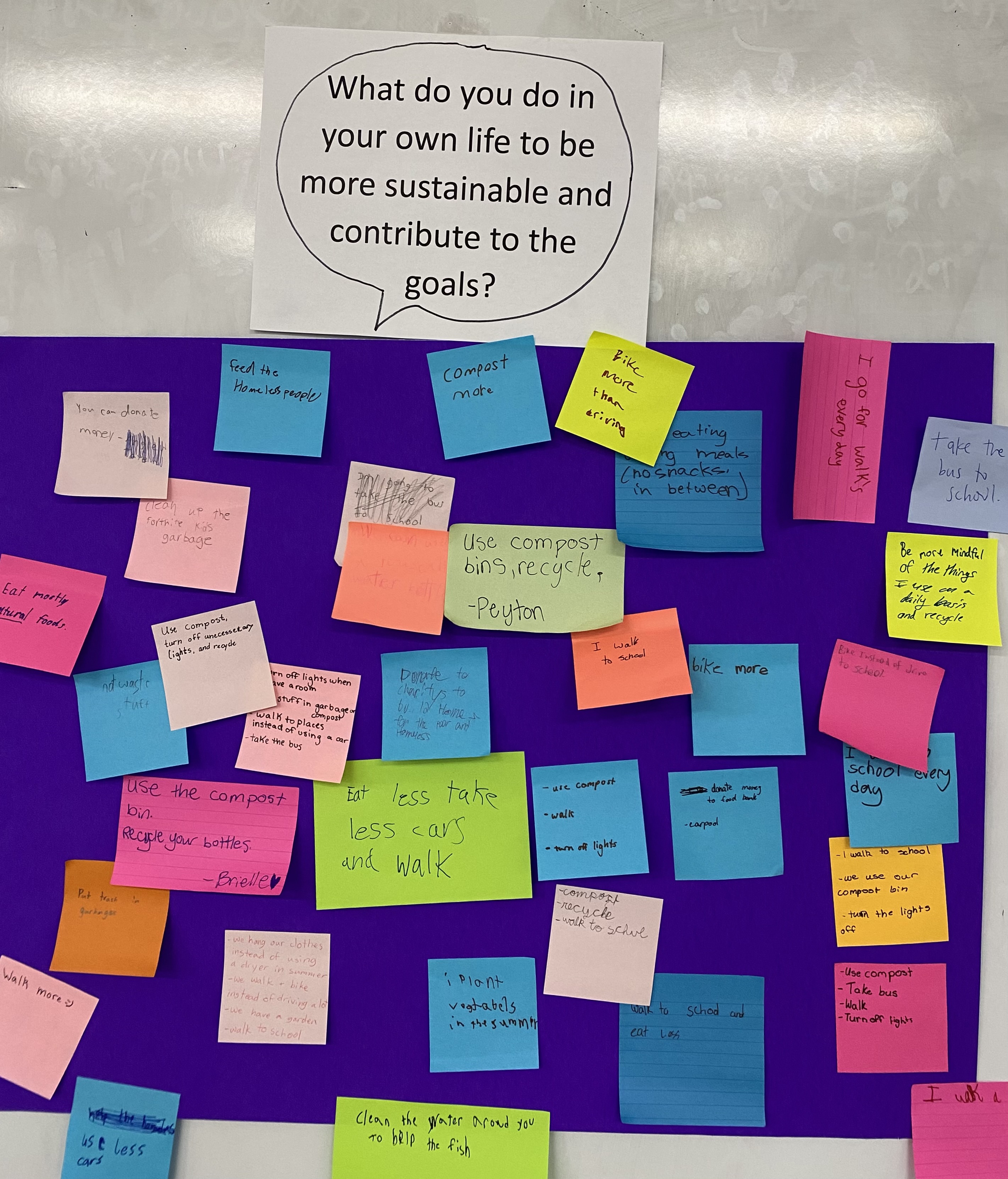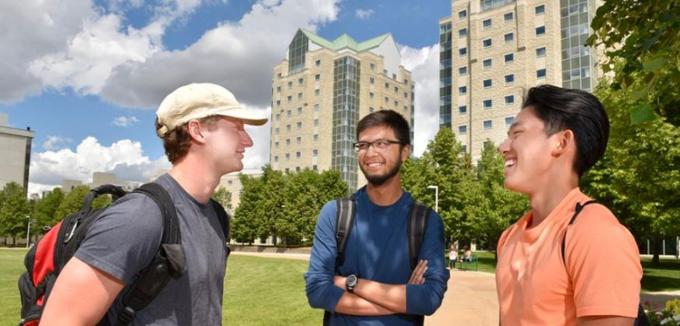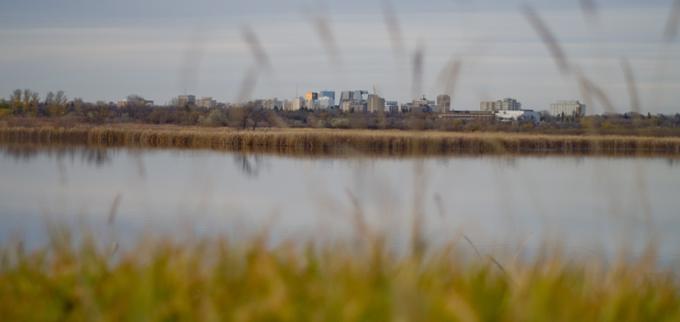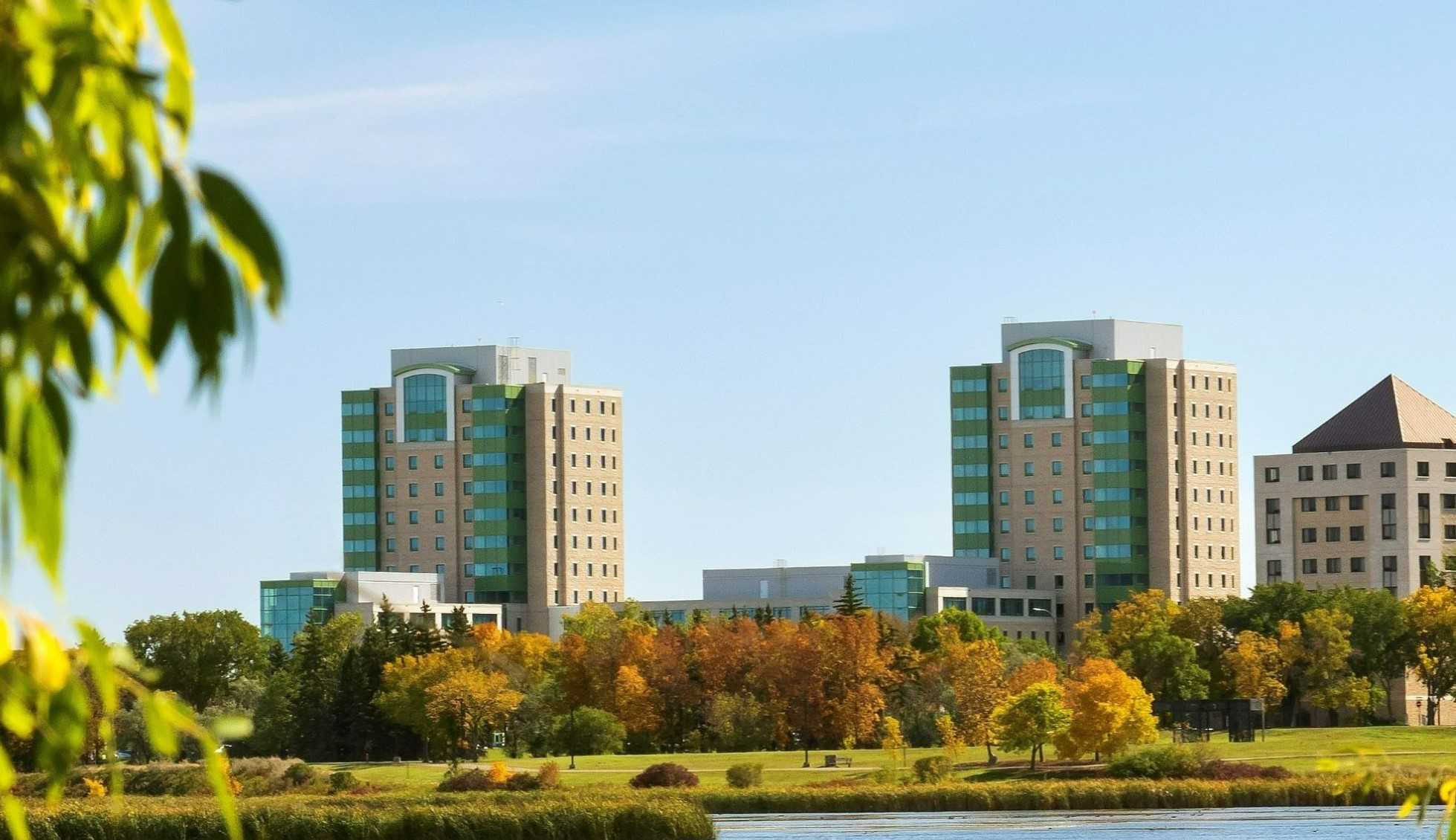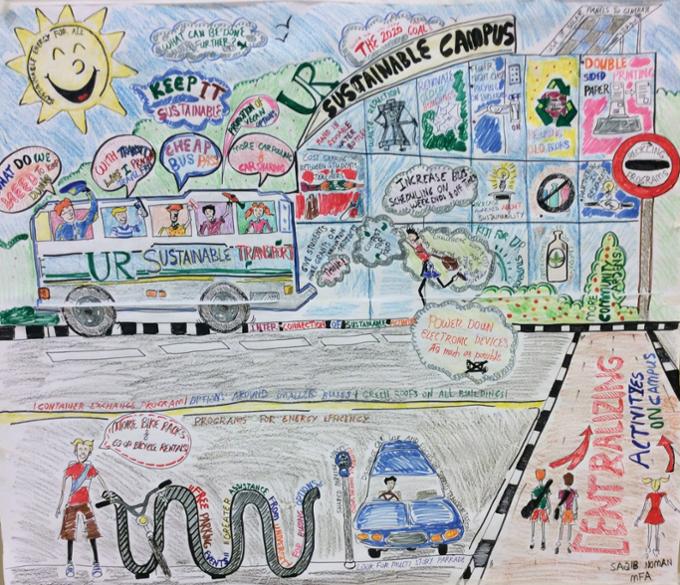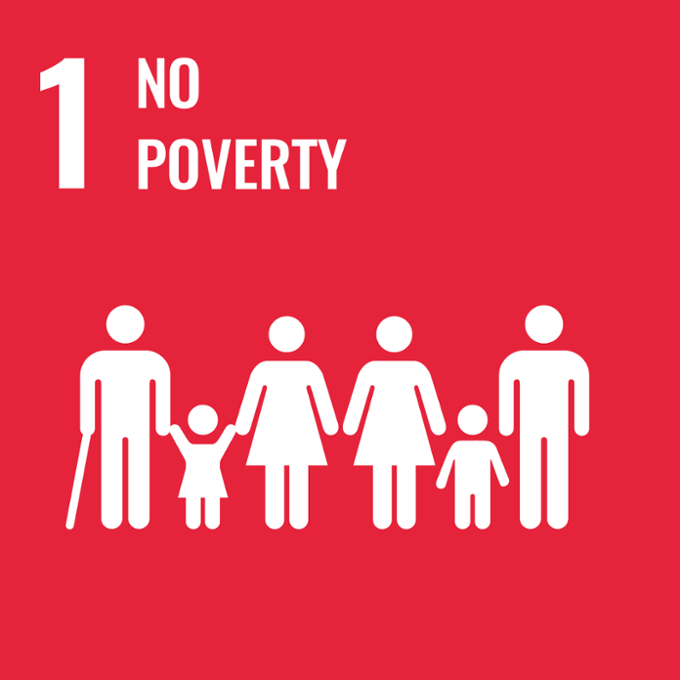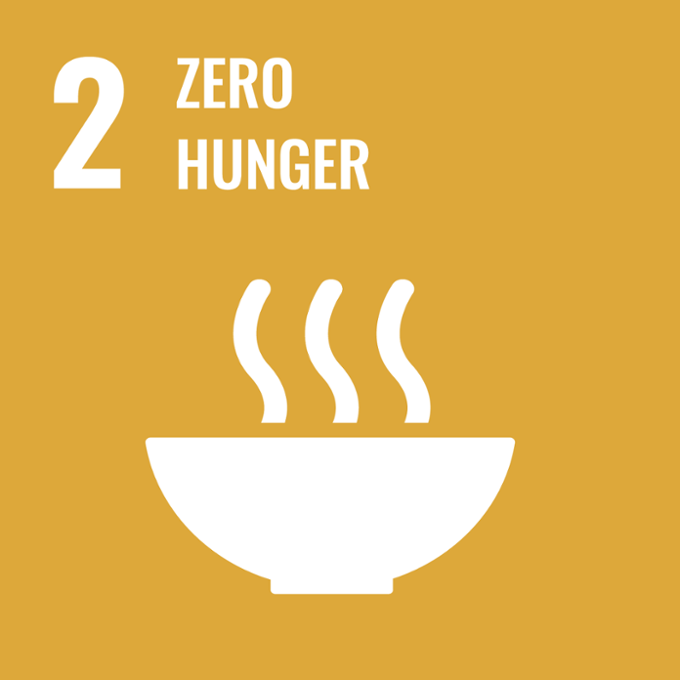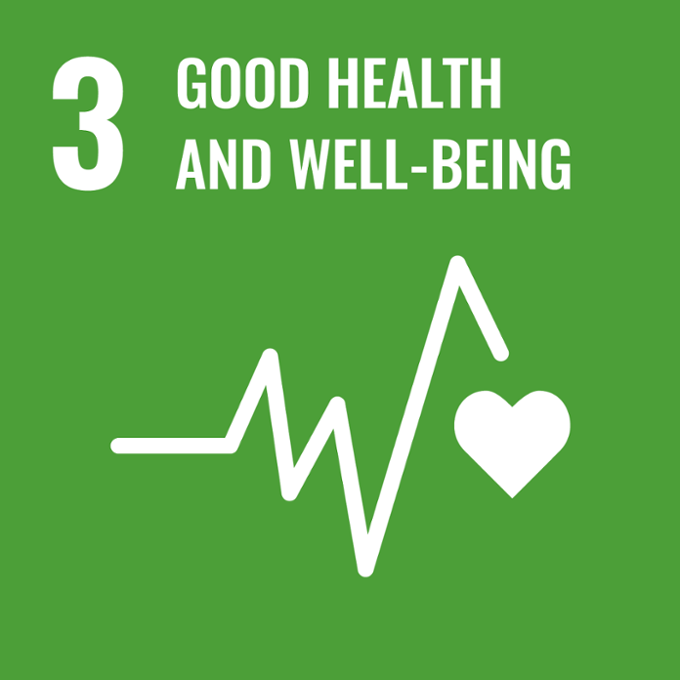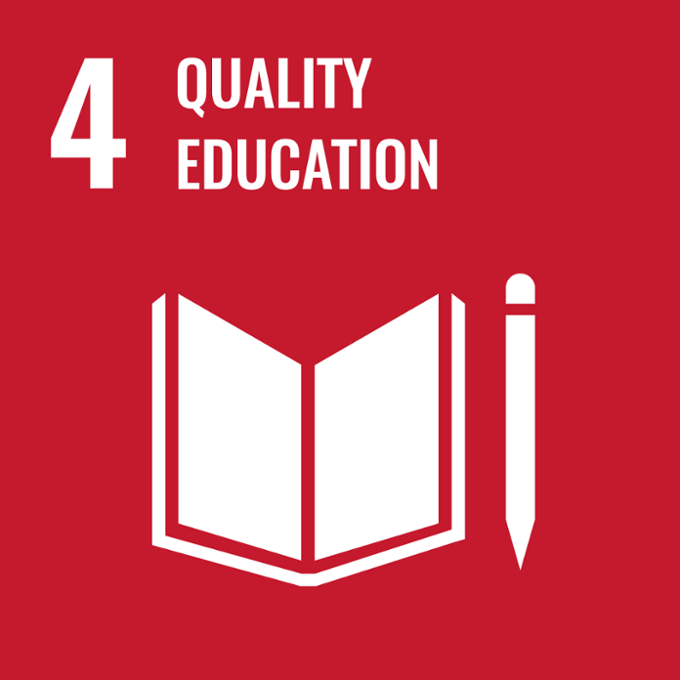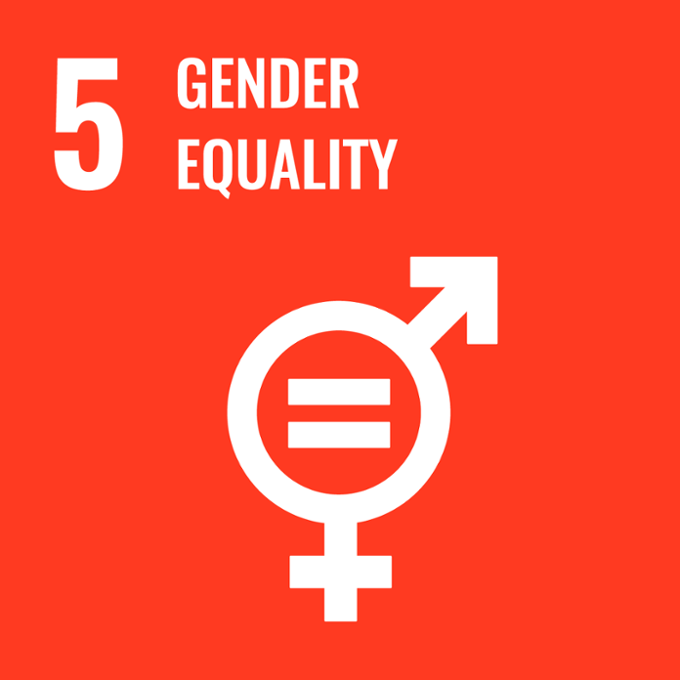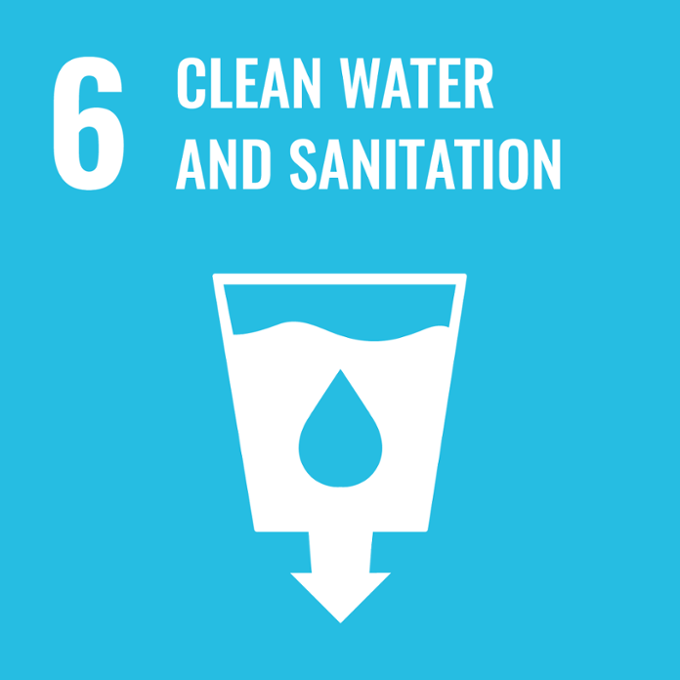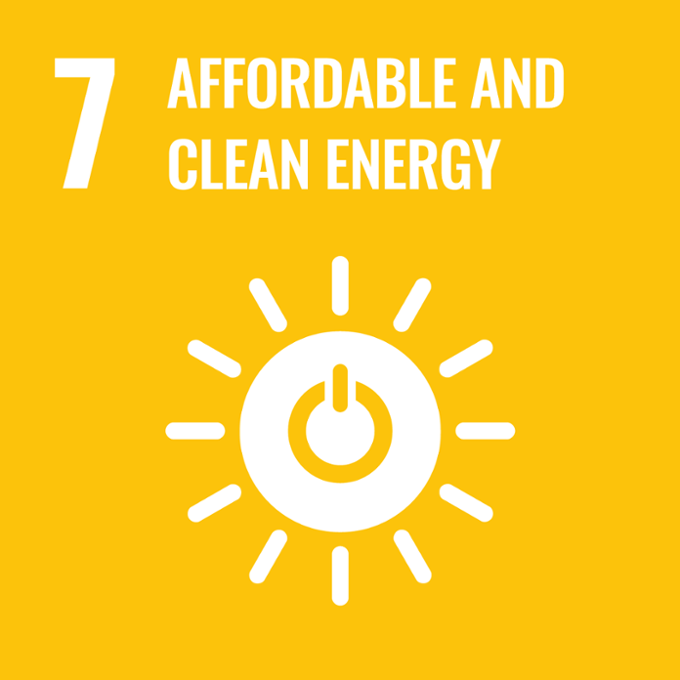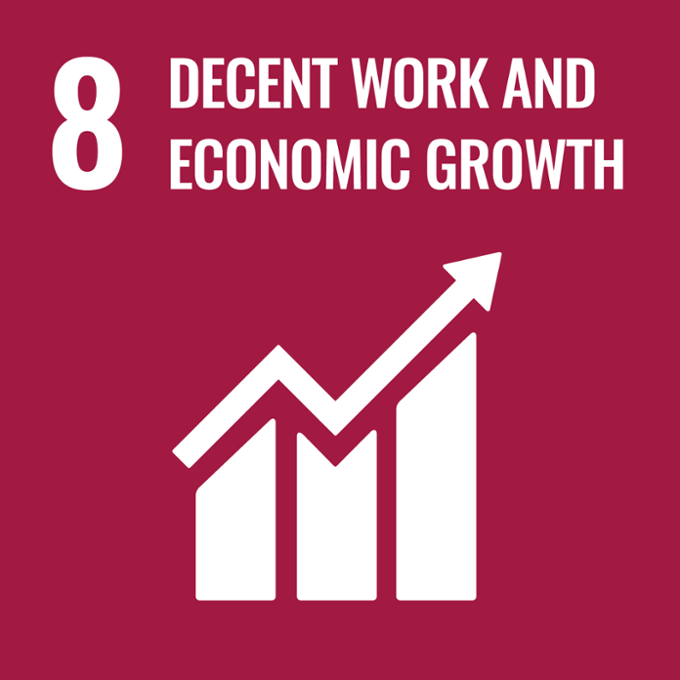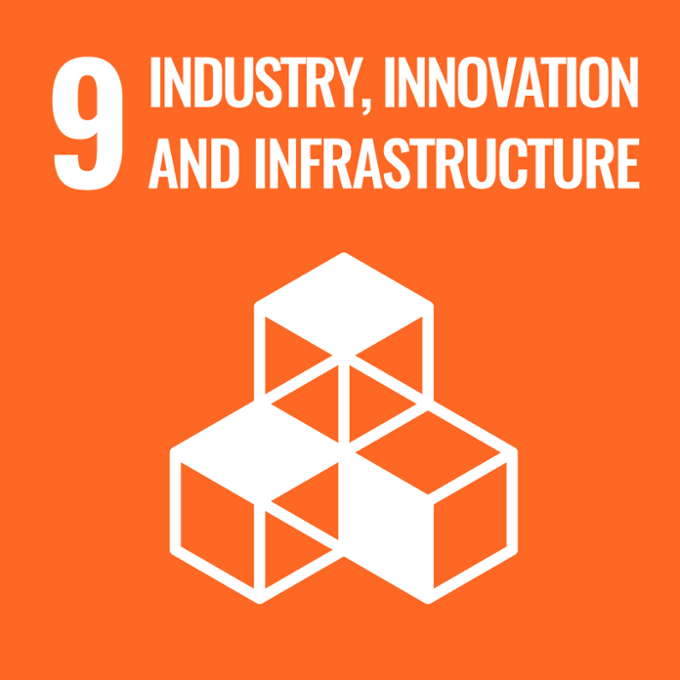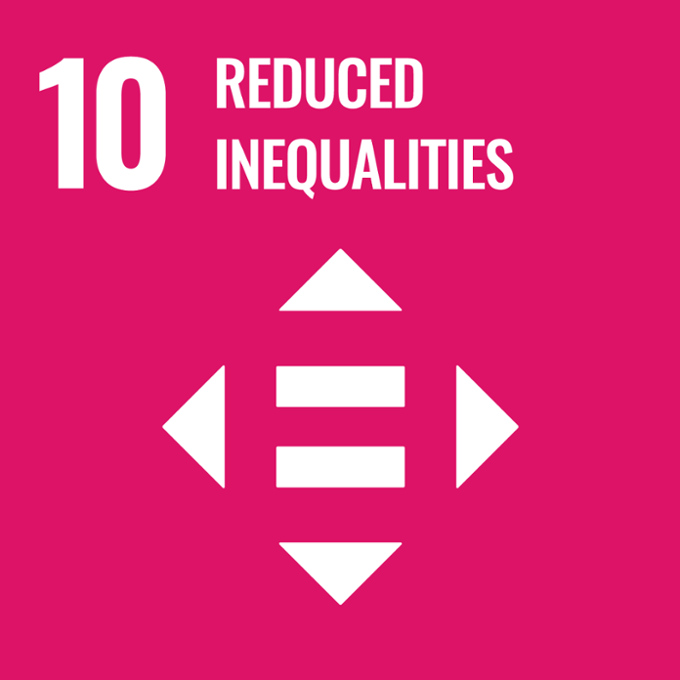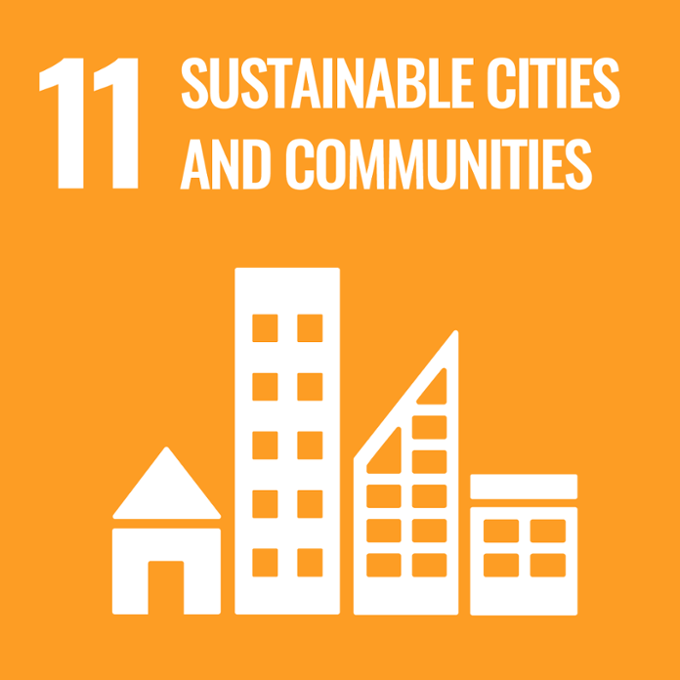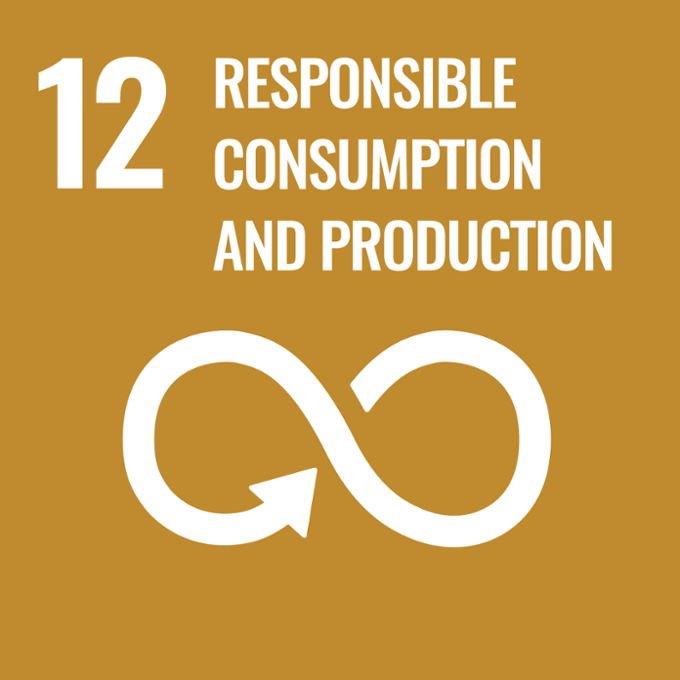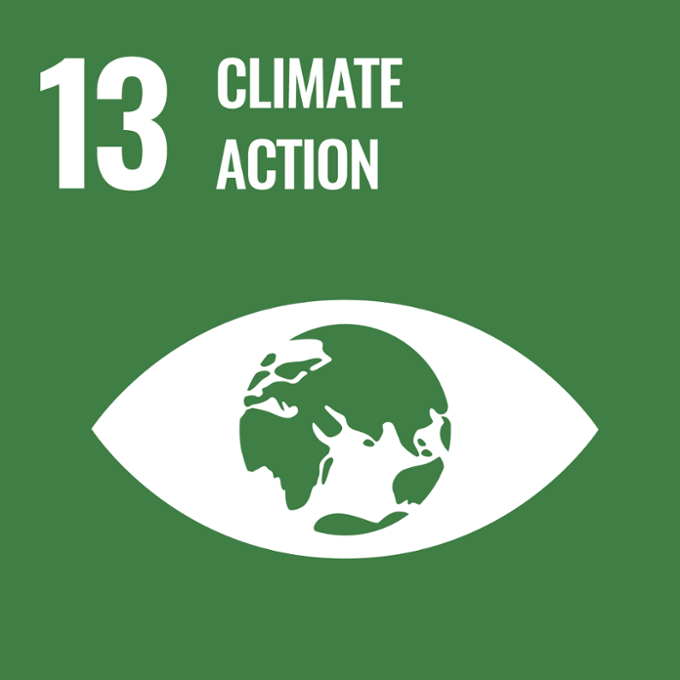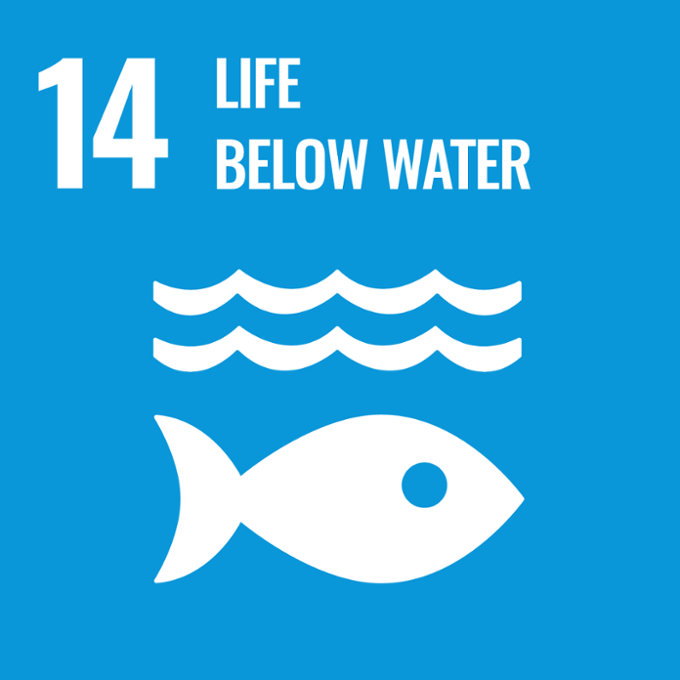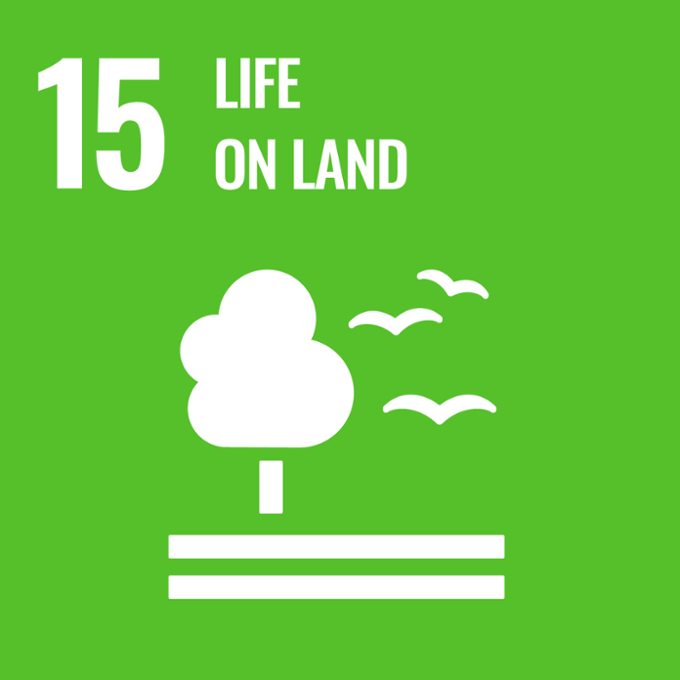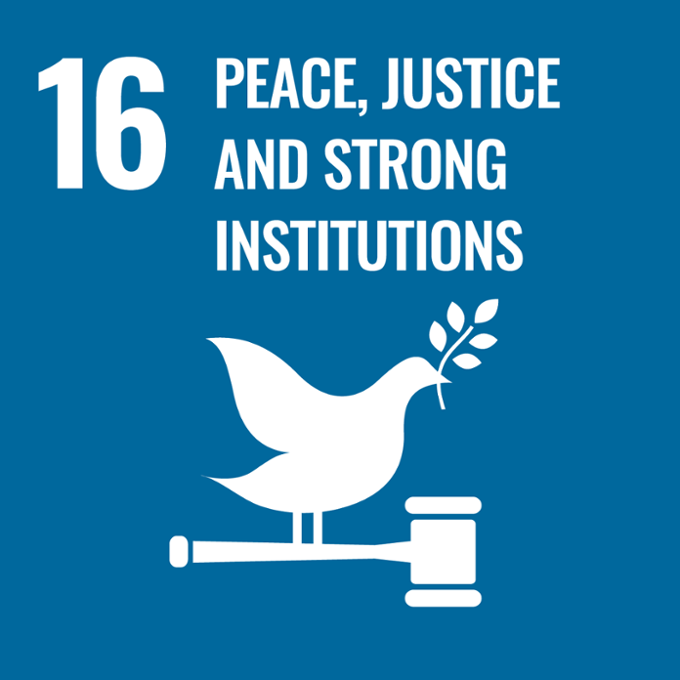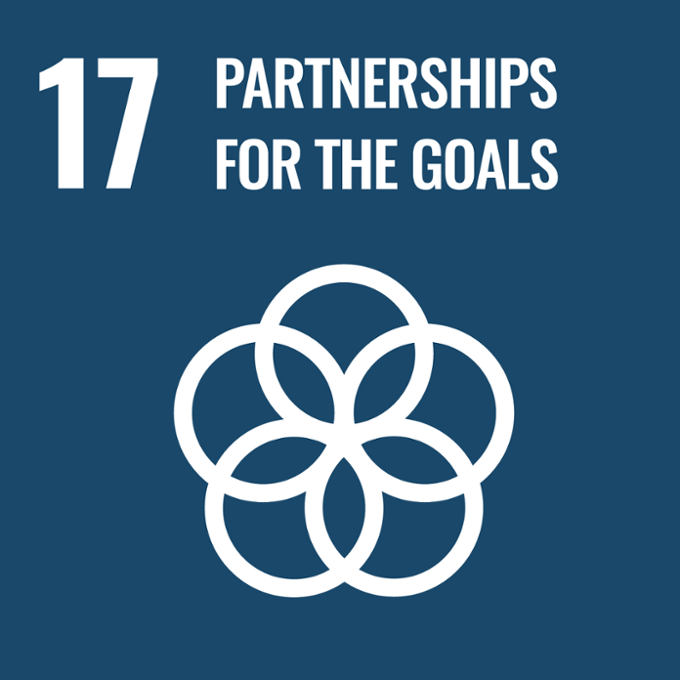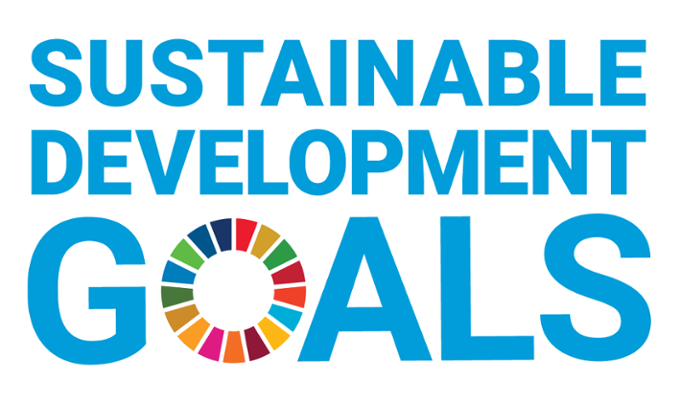Sustainability: From the Prairies to the Mountains
Last month, UofR Sustainability Office Data Analyst Intern Steven Hatcher visited UBC and met with Rebecca Yuen, Sustainability Data and Reporting Manager in Campus & Community Planning, to receive a live demonstration of their 2030 Climate Action Plan Dashboard!
Read More
Campus Sustainability Month
Campus Sustainability Month celebrates our community’s commitment to environmental action through events, challenges, and learning opportunities. Explore ways to live, study, and work more sustainably on campus this October.
See more
Beyond Plastic: How the U of R Took on the Challenge
This July, the University community united to confront plastic waste head-on through the annual Plastic-Free Ecochallenge. Participants tracked their daily habits, replaced single-use items with reusables, and shared tips, struggles, and wins on the team feed.
OUR IMPACT
University of Regina and Federated Colleges Projects Shine at RCE SK 2025
Congratulations to all of the award recipients from the University of Regina and the Federated Colleges on their achievements at the the RCE (Regional Centre of Expertise) Saskatchewan 2025 Recognition Event.
LEARN MORE
World Bicycle Day 2025
Celebrated every year on June 3rd, this day was established by the United Nations General Assembly in 2018 to spread awareness about the affordability, reliability, and positive impact of bicycles on our health and environment. World Bicycle Day aims to foster sustainable development by encouraging use of a bicycle.
LEARN MORE
Earth Day 2025
For 2025 Earth Day, April 22, the University of Regina Sustainability Office partnered with Ultimate Rotisserie Experience to provide FREE coffee as long as people brought a reusable mug! Click the arrow below to see our impact!
Our Impact
University of Regina Waste Management Project Recognized at the Global Scale
We are excited to see Dr. Ng’s contributions to waste management and sustainability receiving recognition at this scale! The project was elected by the Saskatchewan RCE as a flagship project on January 24th, 2024.
Learn more
University of Regina representatives attend COP29 talks
Last month, U of R representatives attended the COP 29 worldwide climate change negotiations in Baku, Azerbaijan.
Learn more
U of R Students Conduct a Campus Waste Audit
Student volunteers conducted a hands-on waste audit at the University of Regina. The students, with the help of the Sustainability Office and Facilities Management’s Custodial Services, sorted and weighed through several bags of waste.
Learn more
RCE honours 41 local initiatives at 2024 event
RCE Saskatchewan and His Honour the Honourable Russ Mirasty, Lieutenant Governor of Saskatchewan, recognized 41 Saskatchewan sustainability projects on May 15 in Yorkton at a gathering focused on the
UN’s 17 Sustainable Development Goals. Held in a different community every year, the event was co-hosted with the
Yorkton Brick Mill Heritage Society.
Learn more
Workshop Held to Promote UN SDGs Among Youth
As part of Winter Wellness Day, the U of R Office of Sustainability spent the day facilitating workshops around the UN's SDGs at École St Pius X elementary school.
Learn More
U of R in top 25% in QSWUR: Sustainability 2024
The QS World University Rankings (QSWUR): Sustainability 2024 has placed the University of Regina in the top 25 per cent in the world!
Learn More
COP28
A University of Regina student leader, along with a MAP faculty member, are attending the climate change negotiations at COP28 this year.
Learn More
If you build it, will they run?
Discourse Magazine reports on U of R researchers' mapping of EV infrastructure to meet drivers’ needs and achieve emissions targets.
Learn more
Don't Trash It
Discourse Magazine reports on the U of R research that is helping to curb textile and clothing waste.
Learn more
Indigenous Engagement Strategic Plan
The University of Regina has launched Tapwewin kwayaskwastâsowin, Truth and Putting Things Right, a multi-year plan that will help position the University as a leader in Indigenous engagement and education, foster and mend relationships with Indigenous communities, acknowledge truths, and advance teaching and learning excellence.
Learn More
Sustainability Action Plan
After a comprehensive planning process, the University of Regina is proud to present the 2022-2027 Sustainability Action Plan.
Read the plan (PDF)
More Stories
See more sustainability stories from around the University of Regina community.
See More
